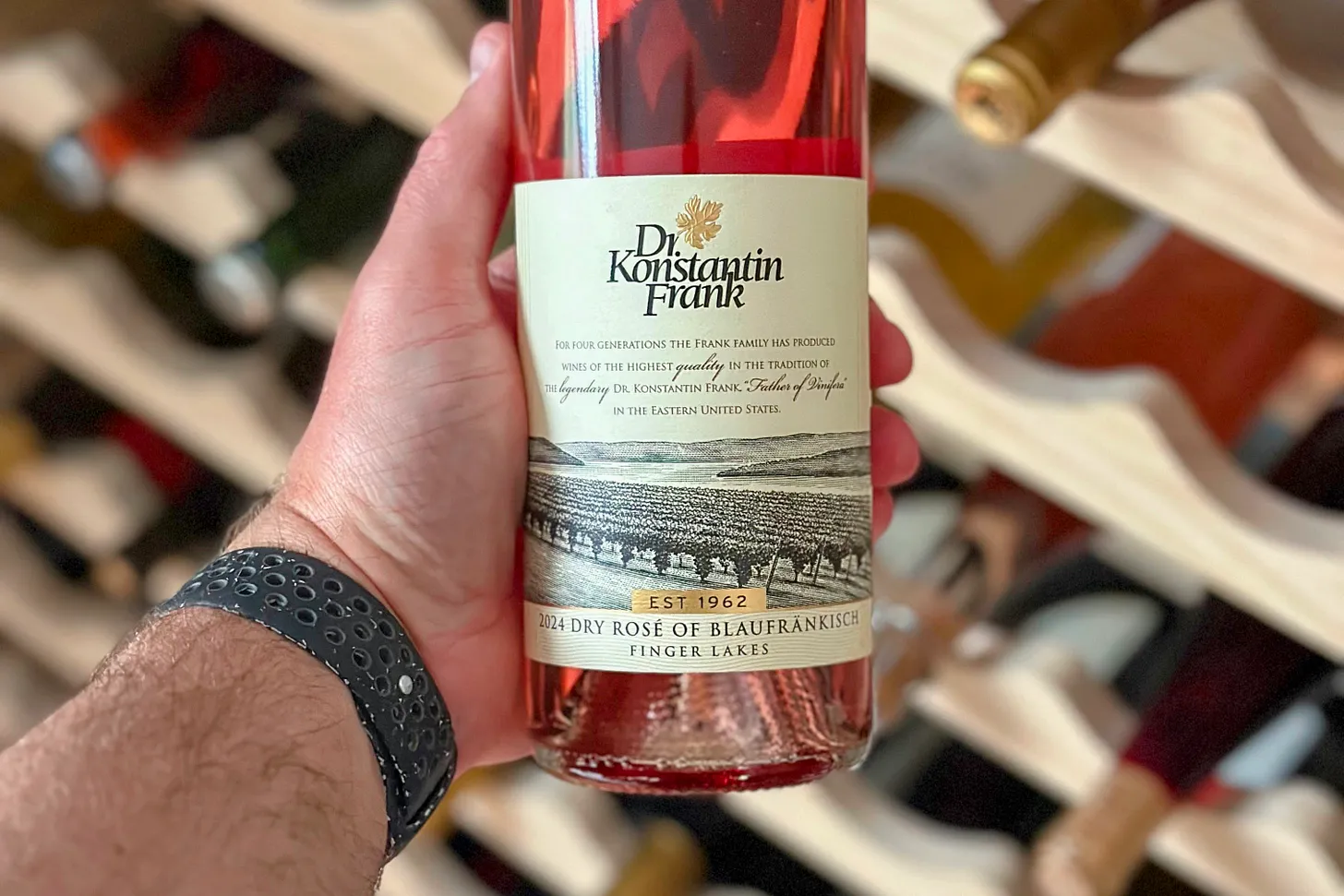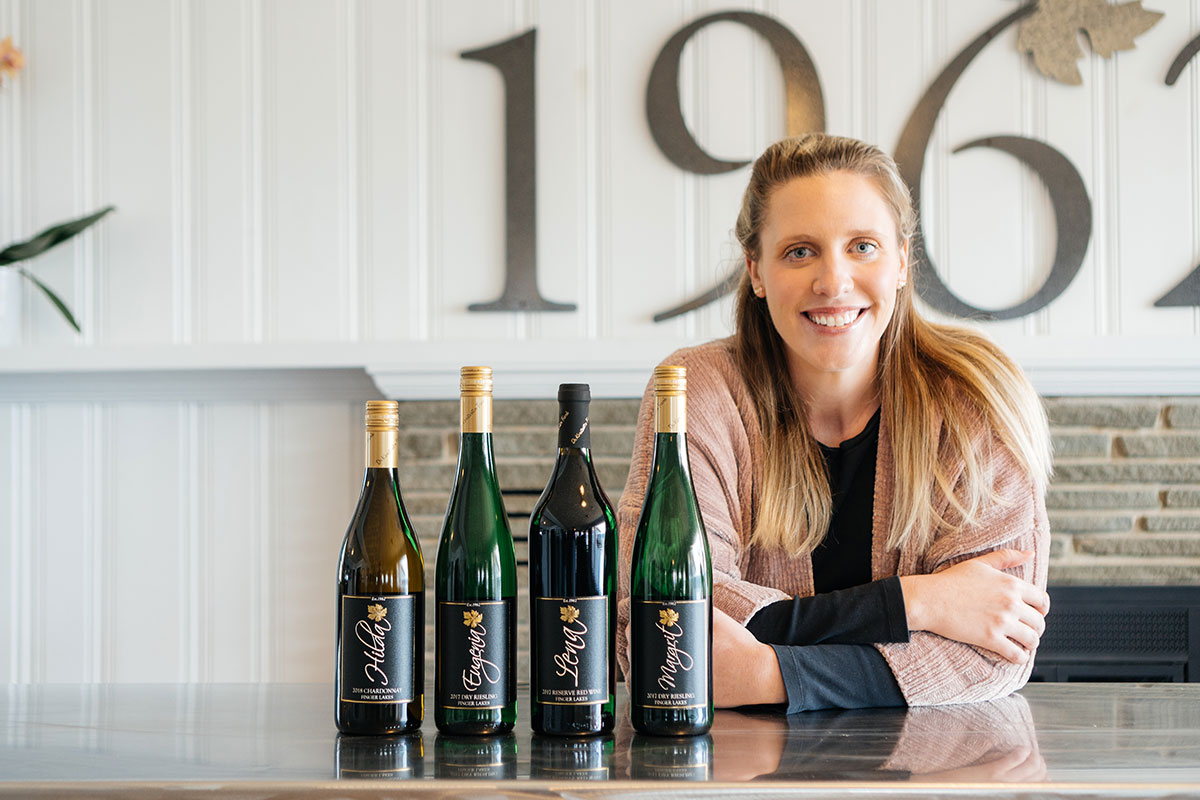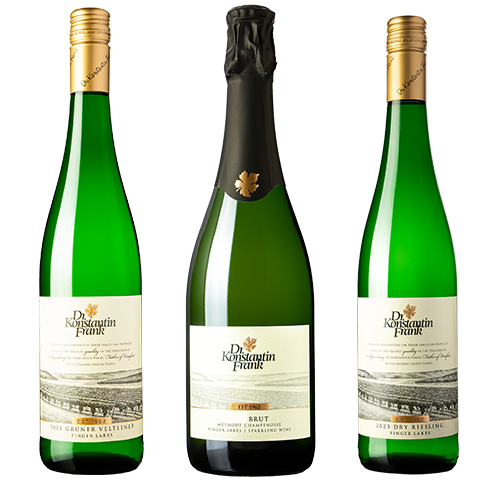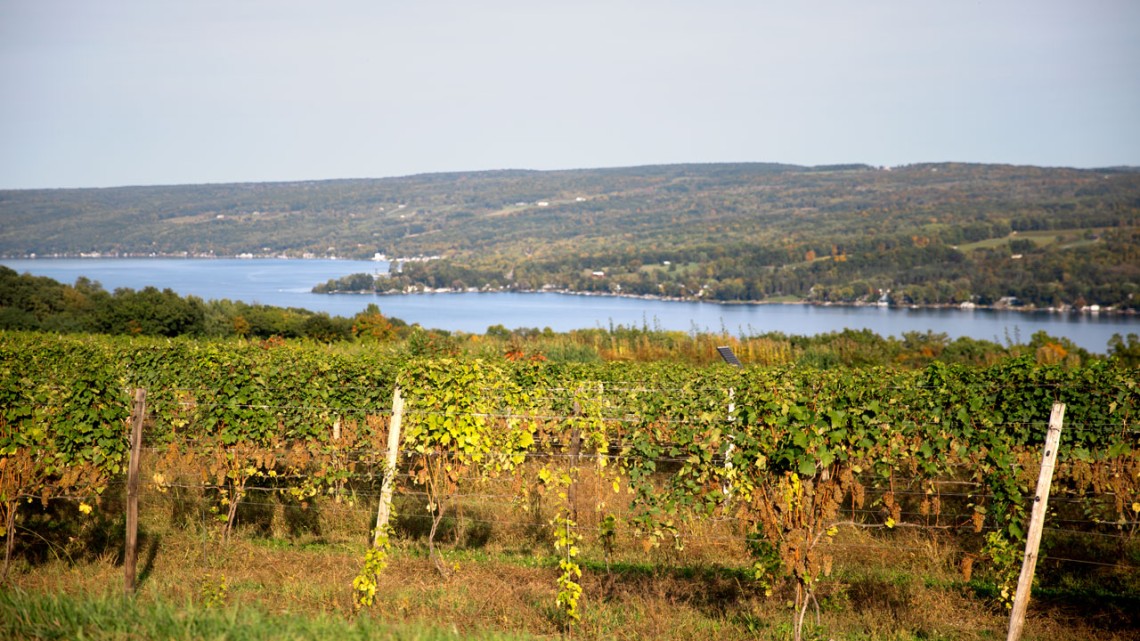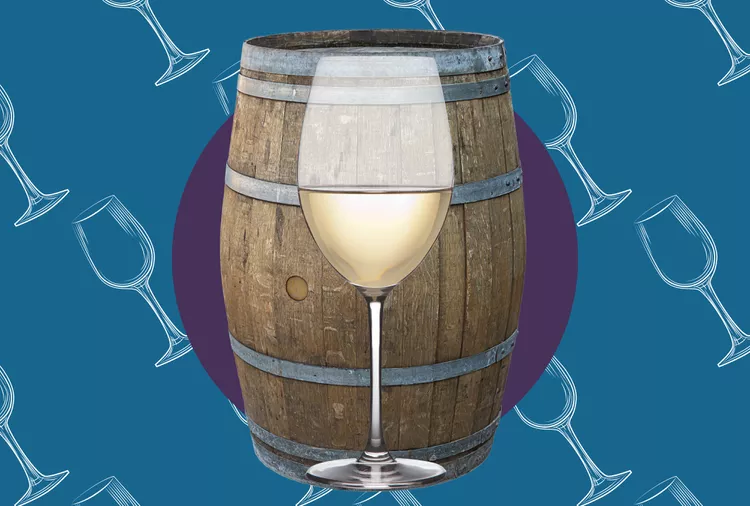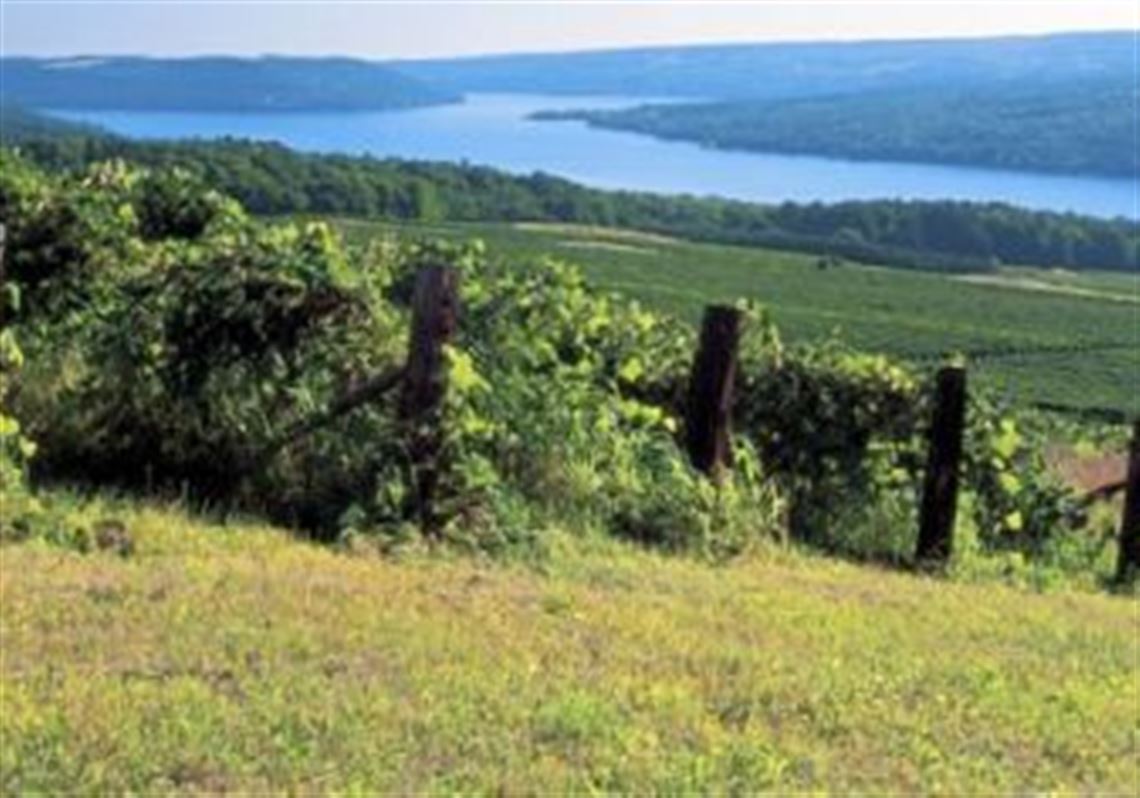When you are running a family business, succession becomes an issue sooner or later. Finger Lakes wineries, which tend to be small family-run affairs, are no different. Wine families such as Fulkerson, Hazlitt and Hunt are already in their sixth or seventh generations of management, while others were sold off due to lack of an heir or lack of interest from the next generation.
For Dr. Konstantin Frank Vinifera Wine Cellars in Hammondsport, the day-to-day running of the winery is now in the hands of Meaghan Frank, the great-granddaughter of Konstantin. It was a smooth transition that began a few years ago, orchestrated by Meaghan’s father, Fred Frank, who continues as the president of the winery. The winery, one of the most prominent in the country, was named one of the top 100 wineries in the world by Wine and Spirits Magazine this year, shortly after being named one of America’s 11 best wineries by Men’s Journal.
But at Dr. Frank, its succession history was not always so harmonious. Konstantin, deservedly called the father of Finger Lakes vinifera wines and credited with successfully introducing European wine grapes to upstate New York despite its difficult climate, had a contentious relationship with his only son, Willy.
“Konstantin and Willy didn’t get along,” Meaghan said. “Willy had his own photography business in Long Island. Although Willy returned to help with the harvest every year, Konstantin wanted my father to take over the family business instead of Willy.”
Fred Frank, Meaghan’s father, wisely stayed above the fray. He had worked many summers at Dr. Frank, but he decided he needed more wine education. Fluent in German, he went on to study winemaking at the famous German wine school at Geisenheim.
By the late 1970’s, Konstantin’s health started to deteriorate. The winery was also in serious financial trouble. Konstantin was a scientist at heart and operated the winery more as an experiment station than a profit-making company. There were more than 60 varieties planted in the vineyards, many of which were not commercially viable in the cool Finger Lakes.
To help deal with Konstantin’s health issues, Willy moved back to Hammondsport. But he didn’t want to clash with his father daily, so he bought an old winery adjacent to the Dr. Frank property to pursue his passion—making Champagne in the Finger Lakes. Under its own label, Chateau Frank, Willy began making methode champenoise sparkling wines, an effort that was sneered at by Konstantin.
In 1984, a year before he passed away, Konstantin turned over the management of the winery to Willy. Willy was a businessman and a natural promoter. He reduced the number of produced varietal wines from 60 to 12 and tirelessly marketed his wines inside and outside the state. He was widely lauded for turning around the winery’s fortunes.
Meanwhile, Fred was having his own successful career as a managing director at Banfi Vintners. Fred started up Banfi’s Old Brookville vineyard in Long Island. He married Maryclaire Donovan, who was the legal counsel for Forbes magazine at a young age. Three children followed. Meaghan was born in 1989, with Gretchen and Kyle each following a year apart.
“In 1993, my grandmother called suddenly and told my dad that Willy was very sick and wouldn’t make it through the week,” recalled Meaghan. “We practically just packed up and moved up to the Finger Lakes.”
They bought a house in Corning, where the three children grew up. Willy made a miraculous recovery. He and Fred would wind up working side-by-side for 13 years, with Fred overseeing the Vinifera Wine Cellars operations and Willy focusing on Chateau Frank. Fred would inherit the entire business when Willy died in 2006.
Growing up, the three children spent a lot of time at the winery, but Kyle was being groomed as the successor. Meaghan explained, “Since we were kids, everyone thought that Kyle—his middle name is Konstantin—was going to succeed dad. There were newspaper articles written about Kyle being the next generation as early as when Kyle was just 11 years old. That’s a lot of pressure on a young person.”
After Meaghan graduated from high school, she enrolled at Cornell University for a degree in communications. Gretchen followed their mother’s footsteps to become a lawyer. Kyle, as expected, entered Cornell’s renowned viticulture and enology program.
But best-laid plans sometimes do not work out as expected. Kyle’s interest in wine waned, and he ended up turning to finance. Simultaneously, Meaghan’s interest in wine and the family business grew.
After graduating from Cornell with a communications degree, Meaghan returned to Hammondsport to figure out her next step. Fred suggested that she attend the University of Adelaide in Australia for a graduate degree in wine business. He had been very impressed by some of his interns from that school.
It turned out to be a fortuitous decision, as she met her future husband at Adelaide at a networking party. When she finished the 18 month program, she worked at a small winery before her dad sponsored Antonio’s work visa and they both came to America, where they eventually married.
Fred expected Meaghan to begin working at the winery full-time upon her return from Australia in 2013. But Meaghan thought she wouldn’t be taken seriously without an enology degree.
My dad and I talked a lot about it, because he was ready for me to work full-time,” Meaghan said. “We kind of negotiated for me to go to school three days a week and work at the winery the other days. I went back to Cornell and I enrolled in their master of enology program.”
Armed with a new graduate degree in enology, Meaghan began working full-time at Dr. Frank in 2015. Fred named her the general manager. But it wasn’t easy at the start, as she had to work to overcome the long-time employees’ perception of her as a kid.
She added, “It was also hard for my dad to start relinquishing some of his responsibilities after having done them for so long. But in time he really let me use my own ideas and make decisions. And of course, I made many mistakes and learned from them.”
Since 2015, Meaghan has made some notable enhancements to Dr. Frank. The Chateau Frank stone house, built in 1886, underwent major renovations and is now the site of the winery’s new wine and food events. It’s also fitting that as the first woman of the family running Dr. Frank, she started a new wine series called the Helm series, honoring four women from the family who had made important contributions. The four wines are named after Eugenia (Konstantin’s wife), Margrit (Willy’s wife), Hilda and Lena (Konstantin’s daughters).
“We made a lot of headway in creating a good corporate culture,” Meaghan said. “We now have regular social get-togethers with our team. We started a company garden. We celebrate staff’s birthdays each month. We want to make it more enjoyable to work here, give workers space to innovate and develop new things.”
Meaghan also stressed that she wants Dr. Frank to be a good citizen of the community, shown by donating to local charities and the like.
Going forward, Meaghan wants to reexamine some of the many grape varieties that Dr. Konstantin Frank had planted. With climate change, varieties once deemed unviable might well be feasible today. Her team also recently undertook a detailed survey of their vineyard plots to inventory the type and age of the planted grapes to better inform their vineyard and winery practices.
Technology is also on Meaghan’s radar. “We just purchased a new sorting table and a new must chiller to increase the quality of our wines. We are planning to expand our crush pad and tasting room. Technology will play a big role for us going forward.”
The winery’s current production is around 30,000 cases under the Dr. Frank label (Chateau Frank sparklers are now consolidated into the Dr. Frank umbrella) and 35,000 cases of Salmon Run. They just purchased another 30 acres of land, so an increase in production could be expected in the future.
Well-known Finger Lakes winemakers such as Peter Bell, Morten Hallgren and Peter Weis are all alumni of Dr. Frank. And members of the extended Dr. Frank family continue to be involved in the business. Fred’s sister Barbara is a consulting winemaker for their sparkling wines and a regional marketing representative. Fred’s cousin, Eric Volz, has been their vineyard manager for 38 years. Meaghan’s mom, now a retired judge, is a brand ambassador.
In person, Meaghan is easy with a smile, refreshingly candid and self-deprecating. She told me more than once during our interview, “I feel uncomfortable talking about these things, because they are really team efforts.”
The quality of Dr. Frank’s wines has never been better. The winery manages to maintain a level of excellence across its breadth of three dozen or so wines. It was recently named as one of the top 100 wineries in the world by Wine & Spirits magazine. One could say Dr. Frank is at a high point of its history.
Meaghan Frank turned 30 this year. As to her succession, they have plenty of time to figure that out.


